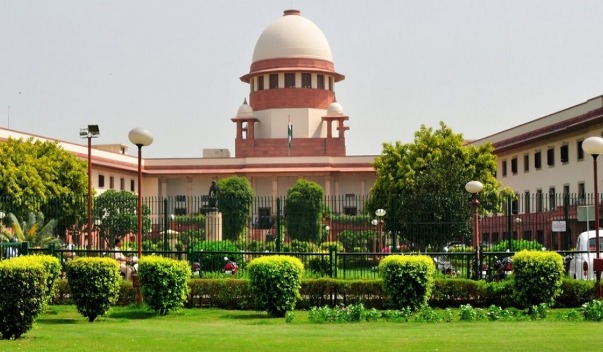
The Supreme Court recently held that under the Liquefied Petroleum Gas (Regulation of Supply and Distribution) Order of 1988, only officers with the rank of inspector or higher can conduct searches or seizures in connection with alleged illegal possession of gas cylinders.
A bench of Justice Abhay S Oka and Justice Rajesh Bindal, therefore, acquitted two persons accused of hoarding gas cylinders.
According to the bench, a sub-inspector led the operation to apprehend the accused while they were allegedly selling black cylinders.
“Nothing has been placed on record to support the argument that the sub-inspector of the police was authorised to take action under the aforesaid Order. It is a settled law that where a power is given to do a certain thing in a certain way, the thing must be done in that way or not at all. Other methods are necessarily forbidden. In the absence of the authority and power with the sub-inspector to take action as per the Order, the proceedings initiated by him will be totally unauthorised and have to be struck down,” the top court noted.
The appellants (Avtar Singh & Anr) filed an appeal with the apex court, challenging their conviction and six-month sentence under Section 7 of the Essential Commodities Act.
The trial court convicted them, and the Punjab and Haryana High Court upheld the verdict.
The petitioners’ counsel argued before the Supreme Court that the prosecution’s case cannot stand because the actions were carried out by a sub-inspector rather than an inspector rank official or higher.
Advocate Karan Sharma appearing for the State Government submitted that the accused should not be let off merely on technicalities. It was emphasized that the issue was one of black marketing and unauthorised possession at a time when gas cylinders were in short supply.
The apex court found the accused’s arguments persuasive.
It was noted that a sub-inspector of the police cannot take action under clause 7 of the Liquefied Petroleum Gas (Regulation of Supply and Distribution) Order.
“No doubt, the aforesaid clause provides that in addition to the specified officers, the persons authorised by the Central or State Government may take action under the Order. However, nothing has been placed on record to support the argument that the sub-inspector of the police was authorised to take action under the aforesaid order,” the bench stated.
The bench emphasized that it is a settled legal position that when a power is granted to do something in a certain way, it can only be done in that way and not in any other way.
As a result, it overturned the High Court verdict and acquitted the accused.




